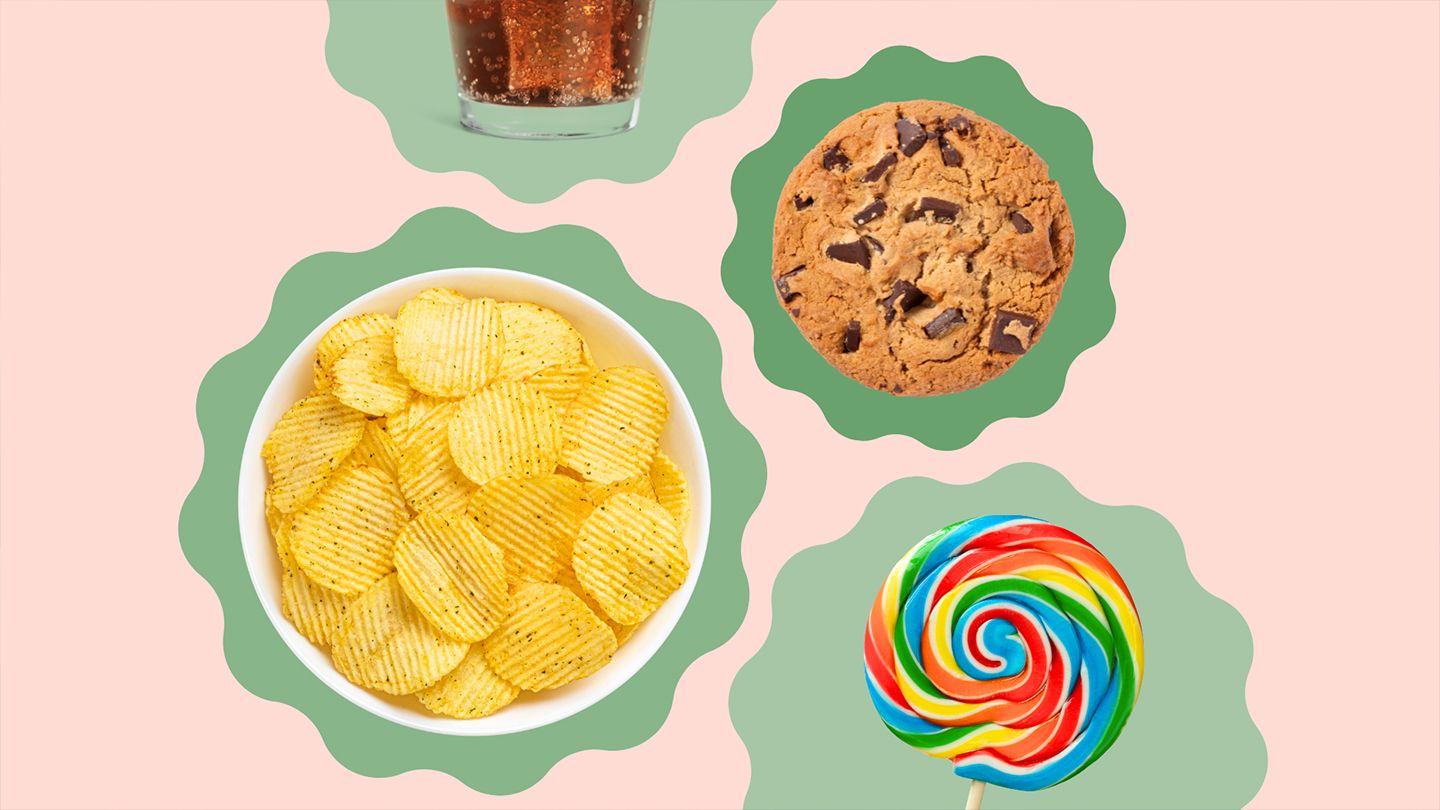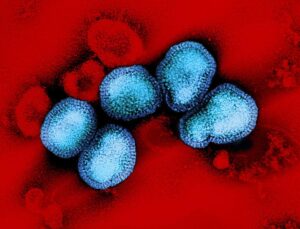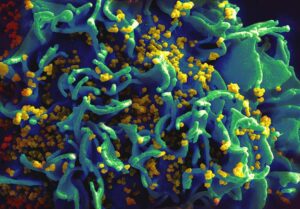People with obesity or type 2 diabetes are often steered toward these products because they are a “healthier choice,” but the data shows this isn’t the case, says Stanley Hazen, MD, PhD, a physician scientist at Cleveland Clinic in Ohio.
“The evidence suggests that the very people who are already at higher risk for cardiovascular events may be increasing their risk even further by using these sugar substitutes,” says Dr. Hazen.
What Is Xylitol?
Xylitol is a sugar alcohol and approved alternative sweetener, one of many options for lowering added sugar in the diet, says Joanne Slavin, PhD, RD, a professor of food science and nutrition at the University of Minnesota in St. Paul, who was not involved in the study. It’s called a sugar alcohol because of its molecular makeup; it doesn’t actually contain any alcohol.
It’s found naturally in fruits and vegetables such as strawberries, raspberries, mushrooms, and cauliflower, and it’s actually produced in the body — but at levels much lower than what’s added to food products.
The type of xylitol added to foods doesn’t come from natural sources; it’s usually synthetically produced from wood materials or microbial fermentation. Xylitol is about as sweet as sugar but has 40 percent fewer calories.
Xylitol isn’t as common as other artificial sweeteners, but it is used in some keto-friendly and low-calorie foods, says Hazen.
Beverages Sweetened With Xylitol Increased Blood Levels of the Compound 1,000-Fold
Investigators measured the levels of xylitol in blood plasma samples from more than 3,000 healthy participants after an overnight fast — that means they were measuring the amount of xylitol that was naturally present in the body and not caused by food.
Then the researchers tracked participants’ health outcomes for the next three years. They found that, compared with people with the lowest levels of xylitol after fasting, those with the highest levels had roughly double the risk of heart attack, stroke, or death over the follow-up period.
That study didn’t track factors that may have influenced those levels or other risks, such as what kind of diet the participants followed during the three years. It was also observational, so it doesn’t prove that it was the high level of xylitol that increased the risk.
To further test the link, researchers also gave xylitol to mice, added it to human blood samples in a lab, and gave a xylitol-sweetened drink to 10 people whose natural xylitol levels were in the bottom 25 percent. In each of the tests, xylitol increased how quickly platelets formed blood clots, which could eventually lead to a heart attack or stroke.
Those secondary tests revealed that consuming products with xylitol drastically increases the amount of the sugar alcohol present in the blood, compared with what occurs naturally in our bodies, says Hazen.
“Crazy levels — 1,000-fold elevated,” he says. Those levels go back down to normal within a few hours after a person consumes xylitol, but during that window, those people could be significantly increasing their risk for a cardiovascular event, says Hazen.
The absolute risk of having an event during this period is small, he acknowledges.
“But who wants to eat something, especially when you’re reaching for it as a healthy option, and instead, you’re moving into a higher risk category for that period of time?” says Hazen.
Manufacturers and Suppliers of Reduced-Calorie Products Push Back on the Findings
The authors used multiple methods in the study, and only an association, not causation, was proven, the release noted.
“These findings are a disservice to those who rely on alternative sweeteners as a tool to improve their health. Xylitol has been trusted as a great-tasting low-calorie sweetener for over 60 years,” said Carla Saunders, the president of the Calorie Control Council.
Consumers Are Left to Consider the Risks and Benefits
This is a complex study that includes animal work and looking at people immediately after they consumed xylitol, says Dr. Slavin.
“It adds to our body of evidence on xylitol but should not scare consumers about the use of xylitol in the usual small doses,” she says.
All food ingredients have risks and benefits, and each consumer will need to decide why they are consuming xylitol and if they see better solutions to their needs to remove sugar from the diet, says Slavin.
“Alternative sweeteners like xylitol offer benefits — not cariogenic, low calories, low added sugar, sweet taste — but in large doses can cause GI issues. Obesity and high calorie intake are linked to increased risk of heart disease and stroke — so for many consumers they will choose to continue to use alternative sweeteners like xylitol because of the benefits,” she says.
Spotting Foods With Xylitol Can Be Tricky
You’ll have to study labels carefully to completely avoid xylitol. While food and beverages that are labeled as “sugar free” or “no added sugar” have to include sugar alcohol amount under carbohydrates on the label, products that don’t make those claims don’t. Instead, they may use terms like “natural sweeteners,” or “artificial sweeteners.”
Xylitol may also be listed under other names, such as birch sugar or the European code E967. Anything that ends with an “ol” indicates that it’s a sugar alcohol, says Hazen.
“Xylitol may be in many more products than consumers realize, including energy bars, nut butters, and salad dressings,” says Hazen.
Bottom Line: Should You Avoid Products With Xylitol?
Should you avoid products with xylitol? It depends on whom you ask.
Hazen tells his patients to steer clear of xylitol and sugar alcohols in general. Although all the various sugar alcohols haven’t been studied and linked with higher risk, he believes the promotion of clotting could be an effect common to all of them.
He suggests eating whole foods instead or, when possible, something sweetened with sugar or honey (in moderate amounts).
But Slavin believes that the results of this single study aren’t enough to conclude that people may be sabotaging their efforts to improve their health by using products containing xylitol.
“The amounts of xylitol that are approved for use in the U.S. are generally regarded as safe,” she says.
Elisabetta Politi, MPH, CDCES, RD, a certified diabetes care and education specialist at Duke Health in Durham, North Carolina, believes there isn’t enough causal evidence on xylitol to tell her clients to completely avoid the sugar alcohol.
“Taste buds are adjustable. We aren’t going to perceive sweetness if we overload them with a lot of artificial sweeteners, and so they shouldn’t overly rely on them. My recommendation is to gradually reduce the amount of sugar and sugar substitutes and practice moderation,” she says.











Post Comment